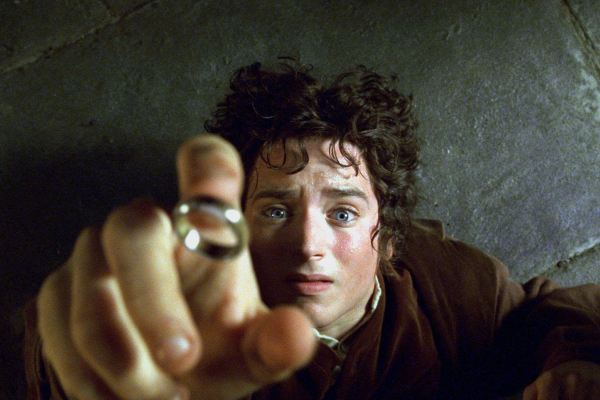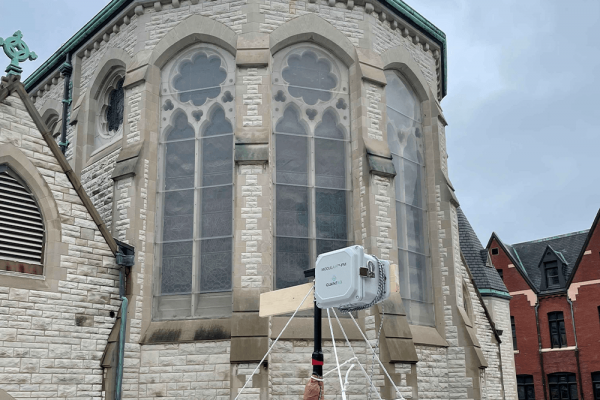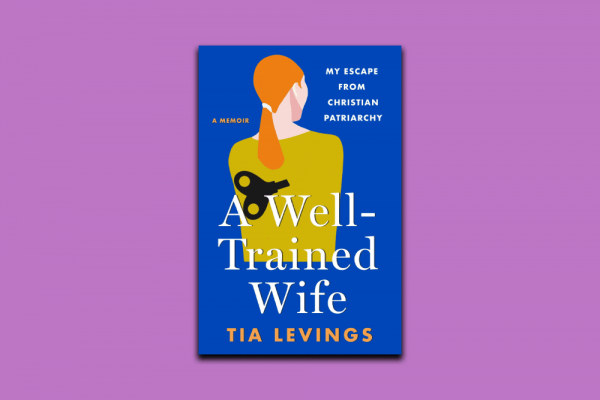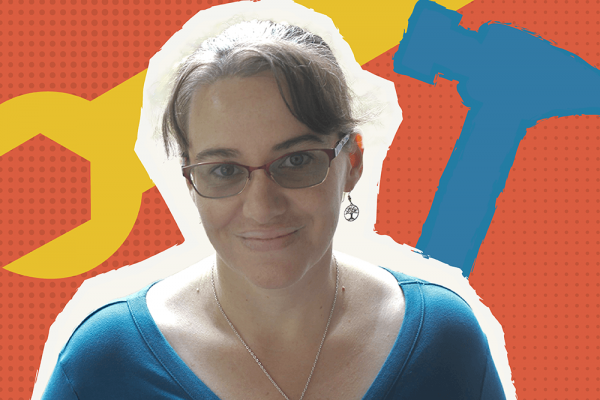Anyone crossing the U.S.-Mexico border faces a journey fraught with violence and danger. But for women and children, that journey is even more treacherous. Not only are many fleeing violence at home — including gender-based violence — they also experience higher rates of violence en route. Torture, mutilation, sexual violence, femicide,disappearances, and additional health complications are common occurrences for female migrants making their way north.
In her forthcoming book, Films for All Seasons: Experiencing the Church Year at the Movies, Abby Olcese guides the church through the liturgical season via spiritual reflection on movies. Rather than tell readers how a movie is to be interpreted, Olcese guides participants on watching, considering, and discussing 27 films, each aligned with the liturgical calendar.
Loosely inspired by the experiences of Latoya Ammons in Gary, Ind., Netflix’s The Deliverance follows single mother Ebony Jackson as she battles demons, her past, and systems entrenched with racism and sexism — all to save her family.
The works of J.R.R. Tolkien — The Lord of the Rings chief among them — have been a passion of mine since elementary school. The story of how four lowly hobbits, Frodo, Sam, Merry, and Pippin, come to change the entire course of their world’s history through their decency, courage, and stubborn perseverance still resonates as powerfully for me today as it did then. There’s a “root for the underdog” theme in Tolkien that resonates with my love of working for social justice, and explains why I’ve always been drawn to biblical figures like Moses and Mary, mother of Jesus, who came from humble beginnings and accepted God’s call to play a key role in transforming the world.
A couple years ago, urban farmer DeAndress Green drove Uber and DoorDash for 10 hours straight and then returned to her home on the southside of St. Louis struggling to breathe.
“I thought I was having an asthma attack,” she said.
Public transportation shapes our worship, our theology, and how we live out Christ’s call to love our neighbor. If we are to learn to love our neighbor, we must then ask who they are, as the expert of the law did in Luke 10:29. Jesus responded with the Parable of the Good Samaritan and invited the man to go and do likewise — to be the one who shows mercy. To be a neighbor is to show mercy, which requires a kind of knowing. I learned who my neighbors were by taking the bus. By being with them, I grew in knowledge of them. By growing in knowledge of them, I grew in love for them.
Travel back in time with me to the early 2000s: Celebrities were openly fat-shamed in tabloids, and supermarkets were overrun by all things “low” — low-calorie, low-fat, low-carb, low-sodium, or low-sugar. Diets like Atkins, paleo, keto, raw foods, and juice cleanses abounded. TV shows like “The Biggest Loser” and “My 600-lb Life” were used to paint fat people as lazy, undisciplined, and disgusting.
Tia Levings made a decision for herself and her children on October 28, 2007. With the help of a priest, she planned for an escape from her abusive husband. “I heard a voice say, ‘RUN,’” she writes in her memoir, A Well-Trained Wife: My Escape from Christian Patriarchy.
Over the course of my life, I have been part of political communities that placed high emphasis on the perceived future of hypothetical children.
On the Right, “think of the children” is at the forefront of the movements to end abortion and diminish protections for LGBTQ+ people. On the Left, you’ll hear the same rally cry for movements that aim to reduce climate change or increase gun control. The invocation of children holds serious power. It makes us step outside our own self-focused considerations and instead wonder about a group with minimal power and autonomy.
In the late spring of 1995, Rebekah Mitchell went into the hospital at 27 weeks pregnant with her second child. Mitchell had a kidney disease that was affecting her own health and the health of the baby. She made it to seven months, and then the baby, whom she and her husband had already named Jonathan, became entangled in the kinked umbilical cord, and died suddenly. Stunned and recovering from the cesarean section required to deliver Jonathan, she kept his body with her in the hospital room for three days.









